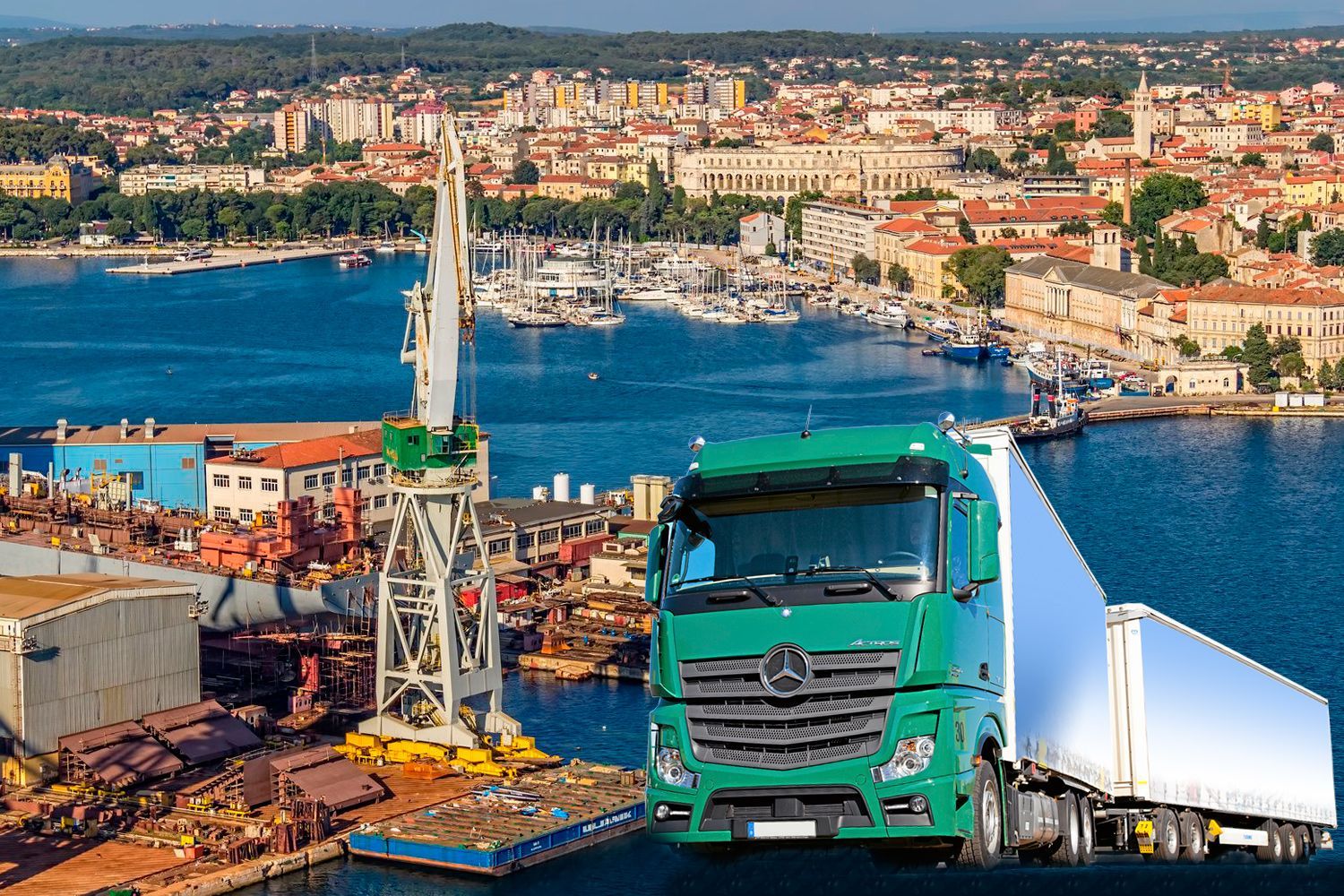
Croatia is joining the EU on 1 July. This changes customs law. There will no longer be any checks of goods at the borders with the EU. Goods that are freely traded in Croatia are thereby being given the status of Community goods under customs law and no long require customs documents or export declarations.
The current preferential proof of origin (Eur.1, Declaration of Origin for Preferential Goods) is being replaced by the supplier’s declaration under Directive (EC) 1207/2001, the declaration of origin within the Community.
Customs law: Preference Certificate required
Goods covered by customs law that are in free circulation in Croatia that are still subject to customs monitoring in the EU customs area on 1 July require a customs declaration in order to be allowed to circulate freely under customs and import VAT legislation and to become Community goods. They are exempt from customs duty and other customs measures provided the documentation, such as a Preference Certificate, is in place that proves they are Community goods. The import VAT must always be paid. If the goods are to be transported on, the procedure will be completed by transfer to a Community Transit procedure (T1). Croatian VAT will therefore not have to be paid.
Businesses should also note in the future that in the new internal trade with Croatia, sales in Croatia must be included in the intra-trade statistics (Intrastat) and in the Summary Statement of the Central Federal Tax Office. Invoices must also include the VAT identification number (UID number). For this purpose, the country prefix HR must be added to the current tax number (OIB number) of the Croatian company.
While there will be virtually free circulation of goods on the date of accession, the same does not apply to people and cabotage: the Federal government has decided on a transitional period of seven years (2+3+2) as far as the free movement of Croatian workers and services is concerned. For cabotage, too, there is a transitional period of two years (2+2) in the first instance, during which Croatian companies are not allowed to move within the internal market of the EU.